Discover the 12 best 18th-century writers that offer readers an insight into a time of early enlightenment, historical upheaval, and early satirical writing.
Jane Austen, Daniel Defoe, and Henry Fielding are just three of the most important and respected 18th-century authors. Eighteenth-century novels, poems, and essays directly influence modern literature. So, whether you’re looking for short stories, novels, historical narratives, or the earliest forms of science-fiction, the 18th century has a lot to offer you.
In this post, we’ll introduce you to a dozen of the best writers from the 18th century and give you a few ideas on which of their books to add to your bookshelf.
Contents
- 1. Jane Austen, 1775 – 1817
- 2. Daniel Defoe, 1660 – 1731
- 3. Jonathan Swift, 1667 – 1745
- 4. Samuel Richardson, 1689 – 1761
- 5. Walter Scott, 1771 – 1832
- 6. Johann Wolfgang von Goethe, 1749 – 1832
- 7. Henry Fielding, 1707 – 1754
- 8. Oliver Goldsmith, 1728 – 1774
- 9. Horace Walpole, 1717 – 1797
- 10. Mary Wollstonecraft, 1759 – 1797
- 11. William Hazlitt, 1778 – 1830
- 12. Laurence Sterne, 1713 – 1768

1. Jane Austen, 1775 – 1817
Jane Austen is an English novelist and one of the most successful writers in British history. She is symbolic of the struggle women writers have faced over the last few centuries as they tried to break into the literary field.
An example of Jane Austen’s early struggle in a male-dominated world is exemplified by the fact that her first novel, Sense and Sensibility, was published anonymously in 1811. Jane Austen’s eventual success has made her an inspiration for female writers worldwide. Her work generally focuses on romance in the British upper class, looking at how relationships developed within the strict social codes that often limited their ability to express feelings.
One of her most popular books is Pride and Prejudice. This romantic novel follows the turbulent relationship between Elizabeth Bennet, the daughter of a country gentleman, and Fitzwilliam Darcy, a wealthy landowner. Even though the book was published in the early 19th century, it continues to be a best-seller, and it’s been re-created several times as a film and TV series.
“There is nothing I would not do for those who are really my friends. I have no notion of loving people by halves, it is not my nature.”
Jane Austen
2. Daniel Defoe, 1660 – 1731

Daniel Defoe is an English writer, pamphleteer, social critic, and spy whose novel Robinson Crusoe elevated him to become one of the most famous English writers ever. Published in 1719, Robinson Crusoe is considered to be one of the most important novels in the English language. The story is presented from the first-person perspective of a man shipwrecked on an isolated island off the coast of Venezuela.
It’s widely held that the story is based on the experience of Alexander Selkirk, a Scott who spent four years castaway on a tiny island off the coast of modern-day Chile. Defoe is credited with starting the trend of the realistic fiction literary genre with Robinson Crusoe. Not only does he tell a gripping story about a man living in complete isolation on a tropical island he also explores the effect of isolation on the human soul and our ability to overcome adversity.
“Thus fear of danger is ten thousand times more terrifying than danger itself.”
Daniel Defoe
3. Jonathan Swift, 1667 – 1745
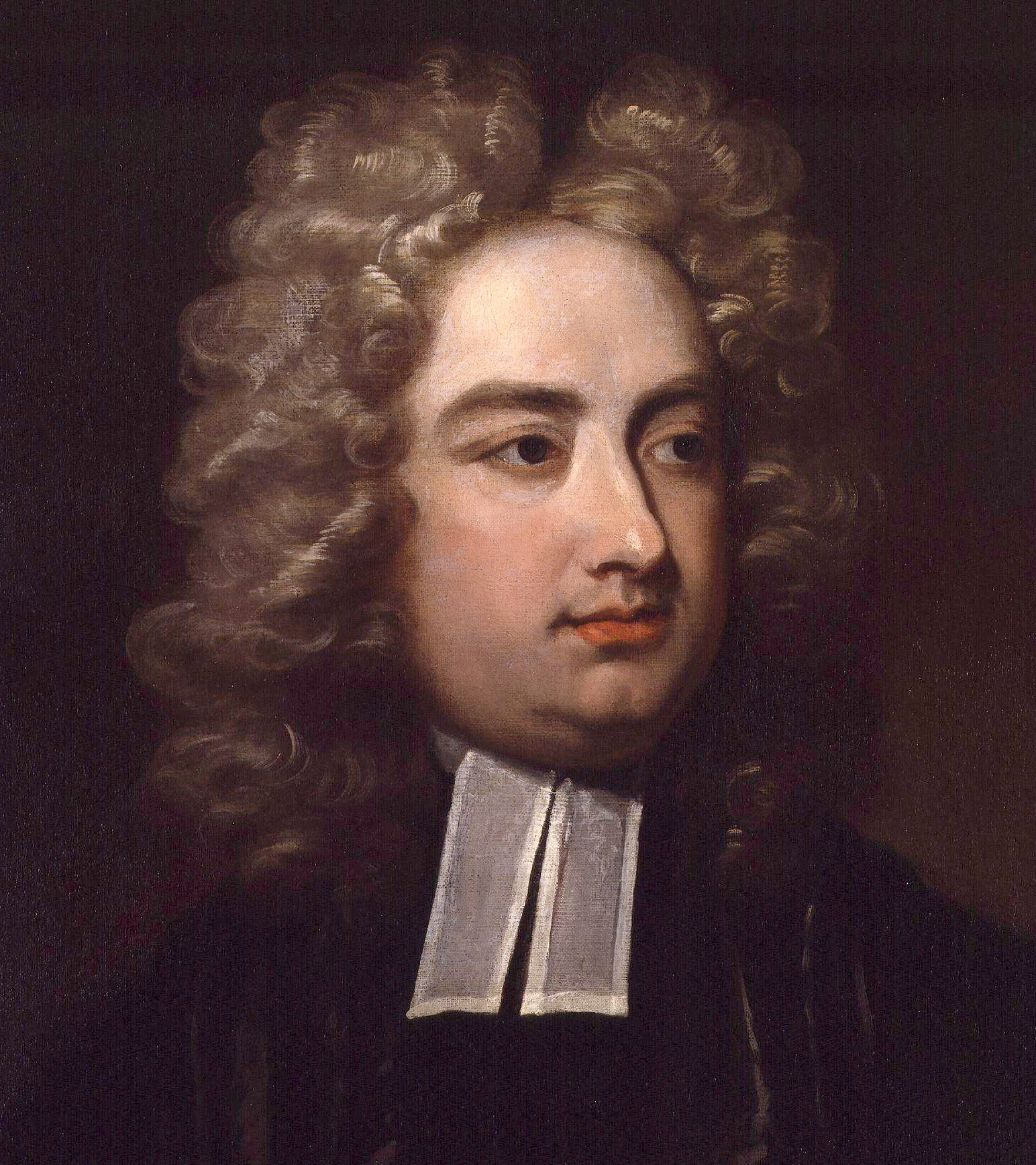
Jonathan Swift is an Anglo-Irish essayist, political pamphleteer, and satirist who published work in the 17th century and 18th. Swift’s most notable book is Gulliver’s Travels, one of the earliest examples of science fiction. The classic novel was published in 1726 and follows the bizarre story of Lemuel Gulliver, who becomes shipwrecked on an island populated by miniature people.
Lemuel is captured by one of the tiny island tribes and eventually gets dragged into conflicts between the different tribes and islands. Over 200 years since it was first published, Gulliver’s Travels has been turned into several films in the 20th and 21st centuries, including the 2010 version that saw the Holywood legend Jack Black portray Lemuel.
“Every man desires to live long, but no man wishes to be old.”
Jonathan Swift
4. Samuel Richardson, 1689 – 1761

Samuel Richardson is a British writer known for his epistolary novels and journals. He also worked as a printer and publisher, which allowed him to connect with some of the most important figures of 18th-century English literature.
Although Richardson is believed to have written and printed hundreds of works, he is primarily known for three of his novels. Pamela: or, Virtue Rewarded, published in 1740, is one of the earliest English language novels and focuses on the theme of marriage and class.
Clarissa Harlowe or the History of a Young Lady, was published in 1748 and tells the story of a young woman with big ambitions that her own family eventually destroys. And the third notable Richardson novel is The History of Sir Charles Grandison, which was actually a satirical response to another great 18th-century author Henry Fielding and his novel, The History of Tom Jones.
“People of little understanding are most apt to be angry when their sense is called into question.”
Samuel Richardson
5. Walter Scott, 1771 – 1832

Walter Scott is a Scottish historian, poet, novelist, and playwright. His multi-faceted writing skills allowed him to impact several different literary fields.
His historical novels have enjoyed tremendous success and become classics in the world of literature. A notable historical novel from Scott is ‘Ivanhoe’ which was published in 1819.
Ivanhoe takes place in 12th-century Britain and looks at some of this time period’s most common occurrences, such as medieval tournaments, the conflict between the barons and the crown, witch trials, and religious persecution. Other notable works from Scott include Old Mortality, The Lady of the Lake, and Waverly. If you want to explore other authors from different centuries, you might want to check out our list of the best 19th-century authors. You can discover more authors from different centuries by using our search bar and typing in “century”!
“Fight on, brave knights! Man dies, but glory lives! Fight on; death is better than defeat! Fight on brave knights! for bright eyes behold your deeds!”
Walter Scott
6. Johann Wolfgang von Goethe, 1749 – 1832

Johann Wolfgang von Goethe is a German novelist, playwright, dramatist, and poet. He’s considered one of the most important writers in German history, and it’s safe to say that he was a man of many talents. Beyond writing, he also served as a statesman and developed several scientific treatises on anatomy and botany.
His work had a wide impact on western literature, philosophy, and science. Following the success of his first novel, The Sorrows of Young Wether, he became a leading member of the Sturm and Drang literary movement.
His poem Prometheus is widely regarded as one of his most popular works. It tells the story of a man addressing god and, in the process, explores humanity’s relationships with god.
“As soon as you trust yourself, you will know how to live.”
Johann Wolfgang von Goethe
7. Henry Fielding, 1707 – 1754

Henry Fielding is an English novelist best known for his often crude satirical writing. His work is a good example of very early political satire, as he often took aim at the government and politicians with his novels and plays.
The History of Tome Jones, also known simply as Tom Jones, published in 1749, is Henry Fielding’s most well-known novel. The outspoken narrator Tom Jones leads the story and is split into 18 separate books.
The reader develops a real fondness for Tom, a good-natured but fundamentally flawed character who falls hopelessly in love. Although the novel focuses heavily on the narrator’s life, it also provides a satirical commentary on 18th-century society in England.
“Some folks rail against other folks, because other folks have what some folks would be glad of.”
Henry Fielding
8. Oliver Goldsmith, 1728 – 1774
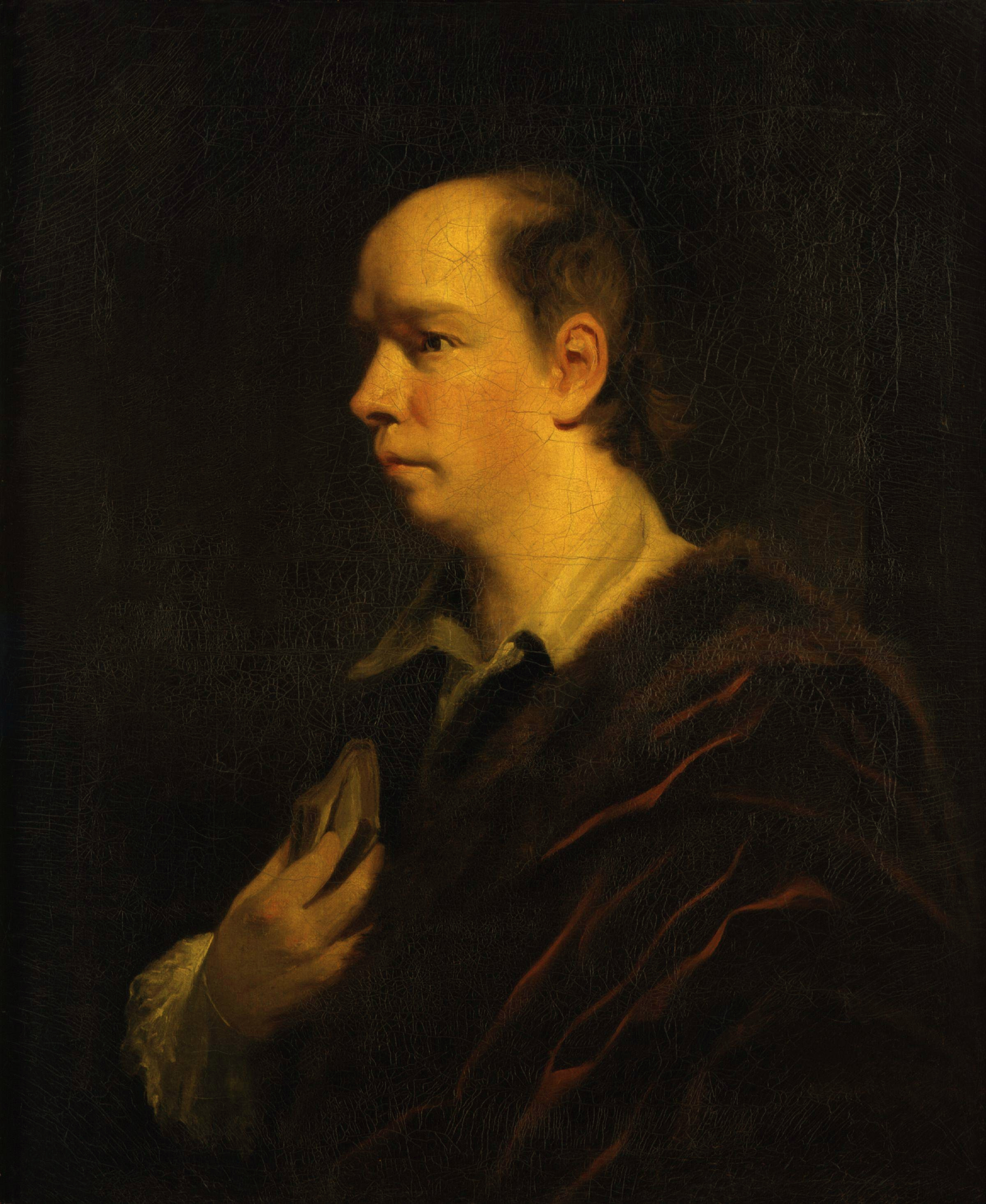
Oliver Goldsmith is an English and Irish novelist, poet, and playwright from the mid-18th century. To this day, Goldsmith is touted as one of the greatest Irish writers due to his unique narratives and beautifully descriptive language. The prestigious Trinity College Dublin has even erected a statue of him on the university’s grounds.
The Deserted Village described the suffering of people living in rural 18th-century villages and solidified Goldsmith’s position as one of the most respected Irish poets. The poem details the brutal suffering experienced by rural society and details the harrowing conditions they endured to scrape together a meager living.
“Conscience is a coward, and those faults it has not strength enough to prevent it seldom has justice enough to accuse.”
Oliver Goldsmith
9. Horace Walpole, 1717 – 1797
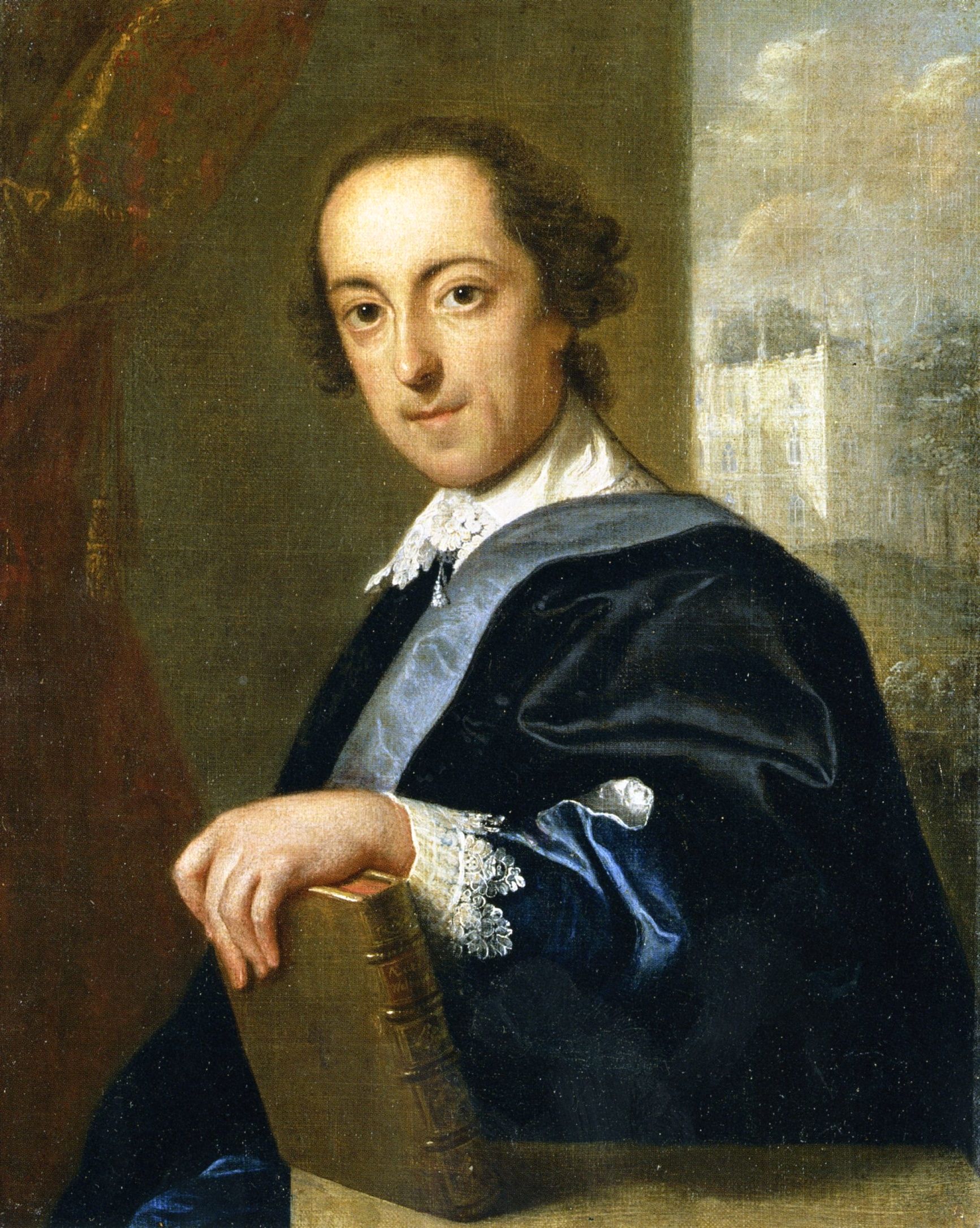
Horace Walpole is an English historian and novelist from the 18th century. Beyond writing history books, he was also a famed letter writer and a Whig politician during a particularly interesting period of political change in England.
Although Horace is probably best known for his contribution to politics, his writing also had a major impact on English literature. One of his most famous novels is The Castle of Otranto. The novel is set in a haunted castle and is considered one of the earliest examples of a gothic novel and has several themes that we’d expect from a modern horror author.
“I do not admire politicians; but when they are excellent in their way, one cannot help allowing them their due.”
Horace Walpole
10. Mary Wollstonecraft, 1759 – 1797

Mary Wollstonecraft is an English writer, women’s rights advocate, and philosopher. Her work for women’s rights, combined with her progressive political insights, made her one of the most important British authors of her time.
She’s best known for her political philosophy book A Vindication of the Rights of Woman: with Strictures on Political and Moral Subjects. Published in 1792, it’s considered one of the first pieces of feminist philosophy ever published.
In the book, Wollstonecraft argues against the intellectual class that claimed women should not be educated at the time. She argued that women in England should be allowed to improve their social position and participate in rational education. Wollstonecraft was criticized for her views on women’s rights, but in the long run, she contributed to the fundamental shift in women’s societal role. Looking for more authors to explore? Check out our guide to the best 4th century authors. Or you can find different authors from other centuries by searching the keyword “century” in our search bar.
“I do not wish them [women] to have power over men; but over themselves.”
Mary Wollstonecraft
11. William Hazlitt, 1778 – 1830
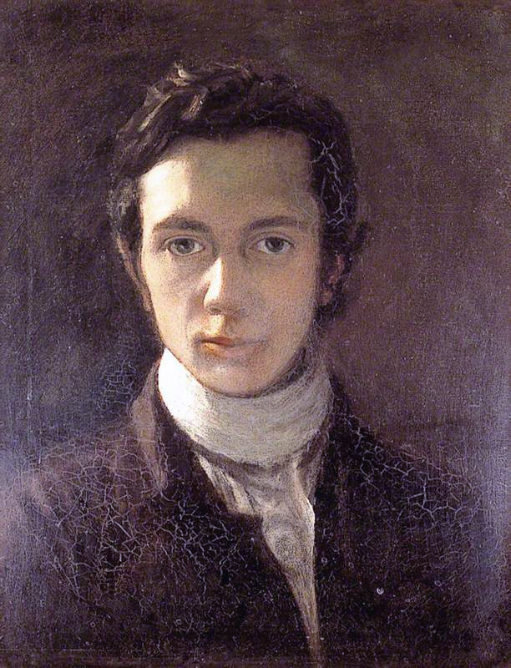
William Hazlitt is an 18th-century English literary critic and essayist primarily known for his vast contributions to the humanist school of thought during the enlightenment period. During his career, he befriended many of the most important British authors of the period, including Samuel Coleridge, John Keats, and William Wordsworth.
The Spirit of the Age is Hazlitt’s most successful book and one of the 18th century’s most notable literary works. Published in 1825, the story follows 25 different characters through which he captures the social and political zeitgeist of the period.
“The love of liberty is the love of others; the love of power is the love of ourselves.”
William Hazlitt
12. Laurence Sterne, 1713 – 1768
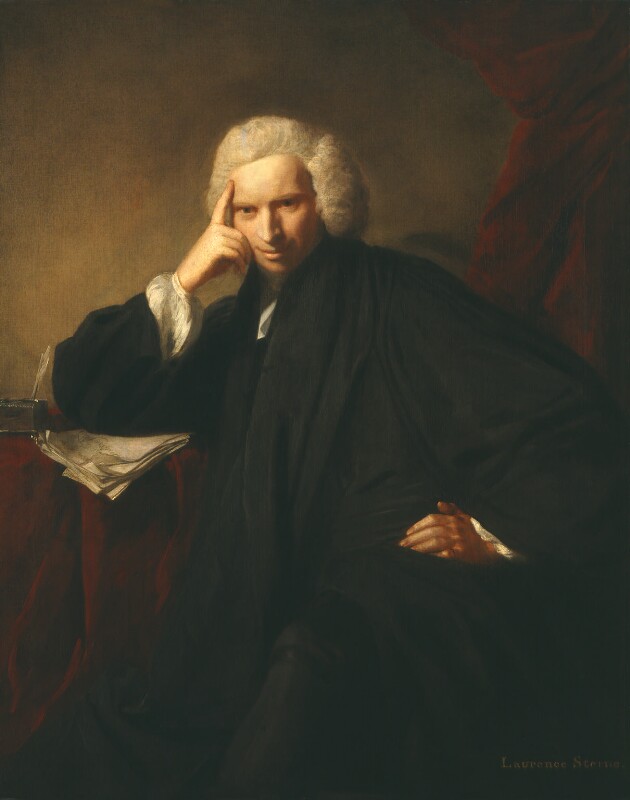
Laurence Sterne is an Anglo-Irish writer and Anglican cleric who contributed several important pieces to the 18th-century literary field. Arguably Sterne’s work was made more interesting because he spent a lot of time traveling across 18th-century Europe, which allowed him to develop a deep understanding of cultural differences on the old continent.
Sentimental Journey Through France and Italy, published in 1768, established Sterne as an early travel writer and gives readers an insight into the complexities of traveling in the 18th century. Laurence Sterne also contributed several novels that developed insightful social commentary, such as The Life and Opinions of Tristram Shandy which was inspired by the Spanish epic Don Quixote.
“What a large volume of adventures may be grasped within the span of his little life by him who interests his heart in everything.”
Laurence Sterne